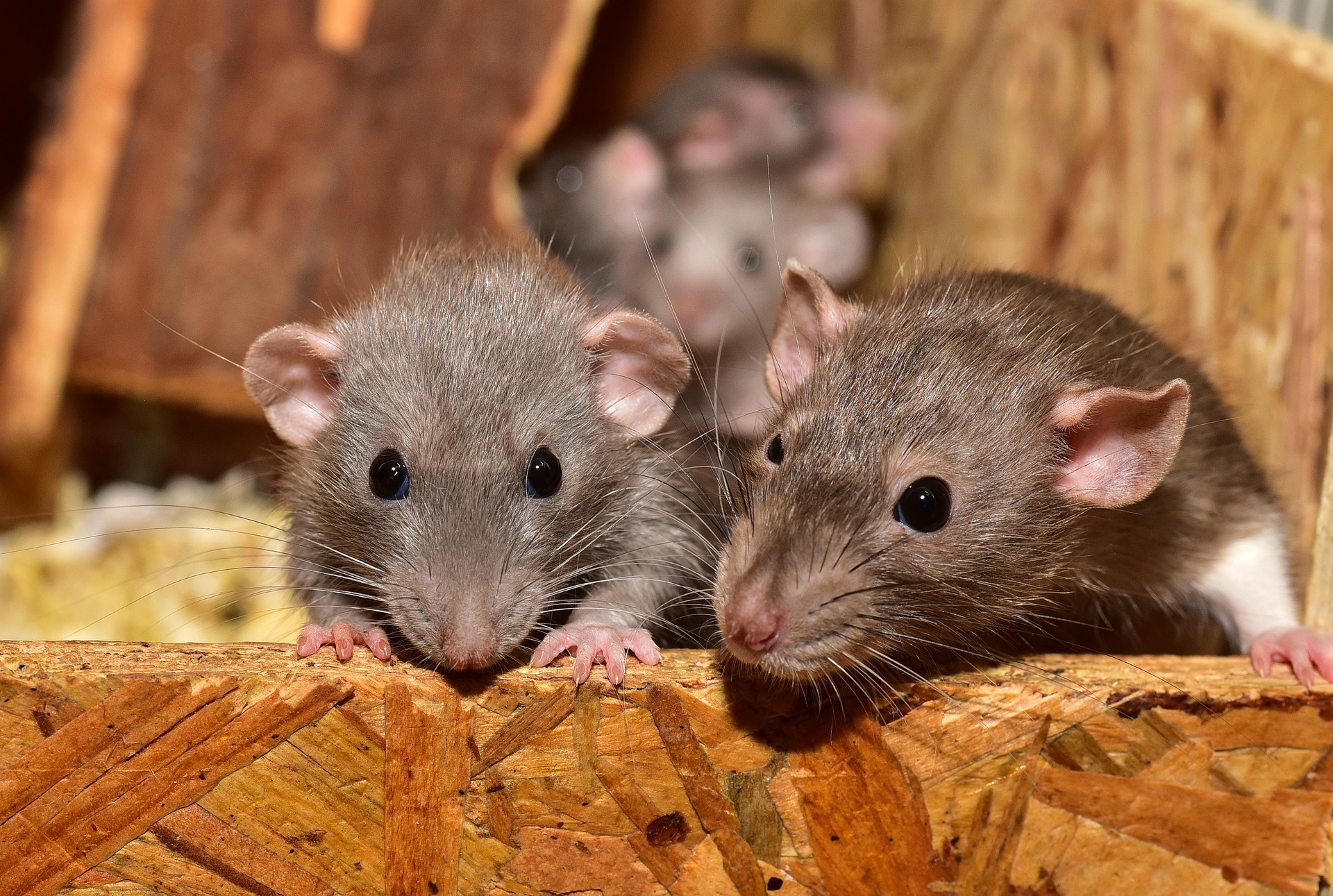The Invisible Champions: Roles of Rodents in Ecosystems
Rodents often bear a negative reputation; a mere mention of rats or mice commonly elicits squeals of discomfort or expressions of fear. However, these widespread creatures play a crucial role in our ecosystems, often overlooked and underappreciated. This article delves into the ecological roles of rodents, exploring their historical context, current developments, and their impact on the world around us.
A Historical Perspective on Rodents
Rodents, belonging to the order Rodentia, are characterized by their large incisors that grow continuously throughout their lives. Historically, rodents have been associated with a variety of roles, from being pests and disease carriers to being vital parts of food chains. Their presence has been recorded in human history for thousands of years, often as unwelcome intruders in human settlements.
However, over time, the perception of rodents has gradually shifted. Today, we recognize their ecological importance, acknowledging their contribution to seed dispersal, soil aeration, and serving as a food source for larger predators, among other roles.
The Ecological Roles of Rodents: Current Understanding
Rodents are known for their widespread geographical distribution and high adaptability. From deserts to high-altitude mountains, these creatures have made themselves at home in a vast array of ecosystems, contributing significantly to their functioning.
One of the key ecological roles of rodents is seed dispersal. Rodents such as squirrels, chipmunks, and mice gather and store seeds, often forgetting where they’ve stashed them. This forgetfulness results in the growth of new plants, aiding in forest regeneration and biodiversity.
In addition, rodents are crucial to soil health. Burrowing rodents, such as prairie dogs and gophers, dig tunnels that help aerate the soil, improving its quality and promoting plant growth.
Lastly, rodents form an essential part of the food chain in many ecosystems. They serve as a primary food source for various predators, including owls, snakes, and foxes. Therefore, a decline in rodent populations could potentially impact these predators and disrupt the balance of ecosystems.
The Economic Impact of Rodents
While rodents play a crucial ecological role, they also have a significant economic impact. For instance, the global pet rodent market is estimated to be worth hundreds of millions of dollars, with pet rats, mice, and hamsters being popular choices among pet owners.
Conversely, rodents can also cause economic losses, particularly in agriculture, where they can damage crops and stored grain. Therefore, managing rodent populations is a delicate balancing act between maintaining their ecological roles and minimizing their potential harm.
The Future of Rodents in Our Ecosystems
As we continue to learn more about rodents and their roles in ecosystems, it’s clear that these creatures are more than just pests. They are intricate parts of our natural world, performing tasks that help maintain ecological balance.
Future research is needed to continue studying rodents’ roles, particularly in the face of climate change and habitat destruction. Such studies will help us understand how to better coexist with these creatures and maintain the delicate balance of our ecosystems.
It may not be easy to appreciate rodents, given their notorious reputation. However, acknowledging their ecological roles offers a fresh perspective on these creatures, revealing them as the invisible champions of ecosystems. So, the next time you come across a rodent, remember: they’re not just pests; they’re also unsung heroes of our natural world.







